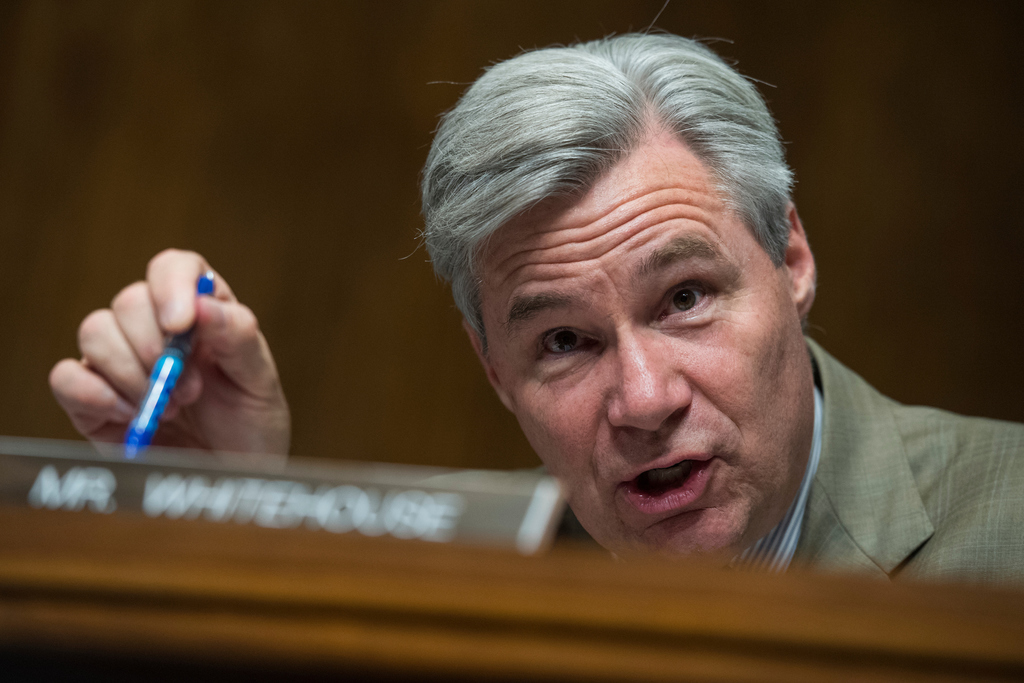Clean Coal Tax Credit Gets a New Bipartisan Push in Senate

By Jeremy Dillon
July 14, 2017 - As investors give up on a Mississippi carbon-capture coal plant and the Trump administration continues to push for “beautiful clean coal,” a bipartisan group of senators on Wednesday reintroduced a bill to expand a tax credit in hopes of spurring investment in the costly technology.
The measure, with co-sponsors ranging from climate hawk Sen. Sheldon Whitehouse, D-R.I., to coal-state stalwart Sen. John Barrasso, R-Wyo., would extend and enhance a tax credit, known as Section 45Q, that rewards facilities that capture carbon emissions for either storage or enhanced oil recovery purposes.
“For too long, discussions about coal and carbon emissions have been partisan and divisive,” said Sen. Heidi Heitkamp, D-N.D., who has led the 45Q effort in the Senate. “But this bill shows that by bringing together a strong bipartisan group of senators — as well as coal companies and environmental groups — it’s possible to find a realistic, compromise path forward for this reliable, redundant power source.”
The bill would increase the value of the tax credit, counting the carbon captured for enhanced oil recovery at $35 per metric ton — up $25 from the current value — and $50 per metric ton of for carbon captured for storage -- up $30 from current value. It also includes measures to make flexible the requirements for qualifying for the credit.
The lawmakers argued the current credit levels are not high enough to attract financing for a technology that has struggled with keeping costs low.
The most high-profile private project, the Kemper County energy facility, was recently shut down by Southern Co. and Mississippi Power after a series of missed deadlines and cost overruns made the project untenable, according to the companies.
“The market just does not support this,” Whitehouse said. “That’s why we are stepping in to take the progressive step that we can take to send a market signal that we will pay you to use this technology and extract this carbon in a whole variety of ways.”
The technology is seen as a potential “silver bullet” to both save the struggling coal industry from the onslaught of unfavorable market conditions like cheap natural gas while also enabling the needed reduction of climate-warming carbon emissions to meet the global targets of the Paris climate agreement.
And President Donald Trump along with his Energy Secretary Rick Perry have touted carbon capture as part of their promise to revitalize the industry, although Trump’s budget request would dramatically cut research and development funding for the program area containing the technology.
“Energy is called the master resource for a reason,” Barrasso said. “We want to use all our resources and not let any of our resources become stranded assets.”
For the measure to pass the chamber, it likely will have to join with the comprehensive tax overhaul that Republicans are said to be currently constructing. Finance Chairman Orrin G. Hatch, R-Utah, has remained opposed to moving any tax measure on case-by-case basis.
“This isn’t something that is a pipe dream,” Heitkamp noted. “We’ve been very close at year end and a couple pieces of legislation of getting this done.”

Sheldon Whitehouse
Photo by Tom Williams, CQ Roll Call

